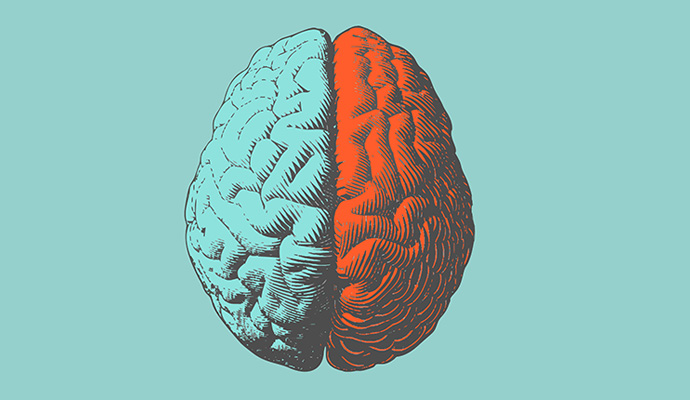AI Partnership to Advance Brain Tumor Research, Treatment
Hackensack Meridian Health and Neosoma, Inc. have announced a collaboration aimed at tackling difficult-to-treat brain tumors through the use of artificial intelligence.

Source: Getty Images
- Hackensack Meridian Health and medical technology company Neosoma, Inc. launched a partnership to use artificial intelligence (AI) to advance brain cancer research and treatment.
According to the press release, the partnership will support the company’s method of imaging, tracking, and collecting data on numerous types of brain tumors, including glioblastomas, through clinical data sharing, clinical research, and strategic investment from the health system.
“We are committed to investing in research and innovative therapies to live our mission to transform healthcare and give our patients the best possible outcomes,’’ said Robert C. Garrett, CEO of Hackensack Meridian Health, in the press release. “Partnering with Neosoma Inc. is a great way to continue to develop potential game changing therapies to treat these challenging cancers.”
Under the partnership, Neosoma’s software, Neosoma HGG (High-Grade Glioma), will be deployed in clinical practice across the health system’s network, beginning with Hackensack Meridian JFK University Medical Center.
The software is an AI-based neuro-oncology device that analyzes brain tumor MRIs to assist clinicians with treatment decisions. Traditionally, clinicians evaluate the MRI manually to look at details and changes within a brain tumor, using these insights to determine the characteristics and extent of the cancer and guide care, the press release states.
Neosoma’s tool is designed to help clinicians better plan procedures, assess post-procedural results, guide chemotherapy and immunotherapy treatments, and track patients longitudinally, which may lead to improvements in treatment and patient experience.
“Neosoma helps to avoid interruptions in care, unnecessary surgeries, and unnecessary changes in therapy,” said Joseph Landolfi, DO, a neuro-oncologist and the chief medical officer at JFK University Medical Center, in the press release. “The entire team benefits from centralized information, more efficient communication, and treatment protocols tailored to each specific patient.”
The collaboration expands an existing partnership between the two organizations and is supported by Hackensack Meridian Health’s incubator program, the Bear’s Den.
“We are proud to support promising companies through the Bear’s Den, which accelerates innovation at key points in the pipeline,” said Ihor Sawczuk, MD, Hackensack Meridian Health’s president of academics, research, and innovation, founding chair of the Hackensack Meridian Health Research Institute, and associate dean of clinical integration at the Hackensack Meridian School of Medicine, in the press release. “This company’s expertise will also assist our physicians in some of the most difficult medical diagnoses. It’s a win-win.”
Other institutions are also leveraging AI to improve brain cancer care.
In December, researchers from the Perelman School of Medicine at the University of Pennsylvania and Intel Labs announced the results of a joint study that used federated learning (FL) to help clinicians and researchers identify malignant brain tumors in glioblastoma patients.
Treating brain cancers, particularly glioblastoma, via surgical removal of a tumor is a significant challenge.
When removing tumors in parts of the body, surgeons typically also remove a small section of healthy tissue around the tumor, which helps ensure that cancer cells not visible to the naked eye are also removed. However, when operating to extract a brain tumor, the stakes are higher. There is a risk that the margin of healthy tissue removed alongside the tumor may control essential functions like speech and movement.
To combat this, the researchers collaborated to use FL to better detect and identify tumor boundaries. By doing so, clinicians gain insights into where healthy tissue meets the tumor, which can help them determine which sections of tissue to remove for the best results.
